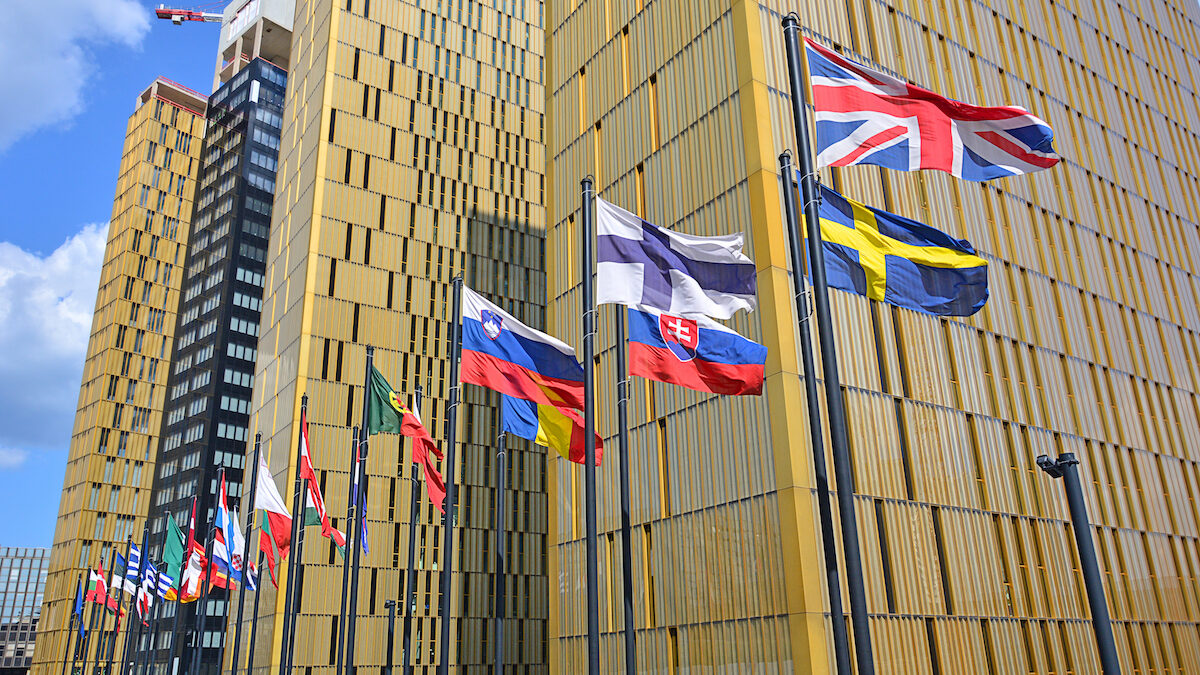Brexit and beyond will continue to present many challenges and opportunities for Scottish business leaders and whatever the deal, many aspects of Scottish industry are touched by Brexit.
That’s why we decided to take the pulse of business Scotland. We’ve polled over 250 senior people from across our industries to understand how ready we are for Brexit.
We also looked at the differences between the two largest Scottish economic centres Edinburgh and Glasgow. Here is a snapshot of how Scotland plc feels pre-Brexit, taken from our recent Scottish business research white paper.
How much do we rely on the EU?
The EU is the third most important market for Scottish companies and the EU workforce is key for the smooth running of our businesses. What’s more, our companies think that leaving the EU will have a negative impact on the economy.
There is a nervousness around what may happen to our EU workforce, employment is the largest exposure point. And clients have given us feedback on the need for a transition period to allow the smooth running of business. More than a third of Scottish companies rely heavily on highly-skilled EU staff and almost a quarter rely heavily on low-skilled EU staff. Regardless of how Brexit develops, there will be a continued demand for an EU workforce in Scotland. More than a quarter of Scottish business’ are expecting to recruit EU workers, post Brexit, than they plan to recruit from non-EU countries.
Scottish business confidence
Opinion is divided about corporate Scotland’s confidence under the various Brexit scenarios – a no-deal exit, a negotiated exit and another referendum. We discovered a 60/40 split in confidence levels, under a no-deal, and our temperature chart illustrates this.
How prepared are we?
It is clear from the survey results, and it has also been widely reported by our Chambers of Commerce, that SMEs across Scotland need the most help in identifying risks and preparing for Brexit. Only 26% of SMEs in Scotland are completely aware of the tariffs and quotas they may face.
This is especially true when it comes to deciphering what World Trade Organisation rules might mean. We are finding that larger companies are more aware of barriers to exporting and importing.
There is clearly a lot of work to be done to get our businesses up to speed. With many Scottish companies relying on goods from the EU, supply chain disruption is a key concern, and this is reflected in our poll results on Brexit exposure points.
Glasgow and Edinburgh
Glasgow businesses are noticeably more reliant on the EU, with nearly two thirds identifying it as a key market, compared to under a half of Edinburgh businesses. Glasgow is also much more reliant on an EU workforce, perhaps reflecting the nature of business in the west. Edinburgh are ahead of the game when it comes to assessing Brexit risks, while Glasgow is more practical, being ahead on scenario planning.
Stockpiling, something which also affects the commercial property market, is being carried out by a third of businesses with a further third ‘planning to’. Glasgow and Edinburgh follow this trend. With regards to business confidence, Glasgow is much more uncertain than Edinburgh. We are finding many organisations are ‘battening down the hatches’ and ‘waiting to see’ before making a move.
Do we have a crystal ball?
We also asked our businesses to forecast their turnover across the various Brexit scenarios over one, three and five years. And 43% of all firms we surveyed said for one year after Brexit they expect a decrease in turnover. We uncovered that remaining in the EU is, at present, the best outcome for company turnover. Over the long term – five years – well over half of our respondents are forecasting an increase under ‘remain’.
Whilst we don’t have a crystal ball on the outcome of Brexit, we can tell overall that unpredictability is affecting business confidence. You can read our full Brexit report – Taking the temperature of Scottish business on our online Brexit Hub at www.andersonstrathern.co.uk
Bruce Farquhar is Chair of Anderson Strathern.




